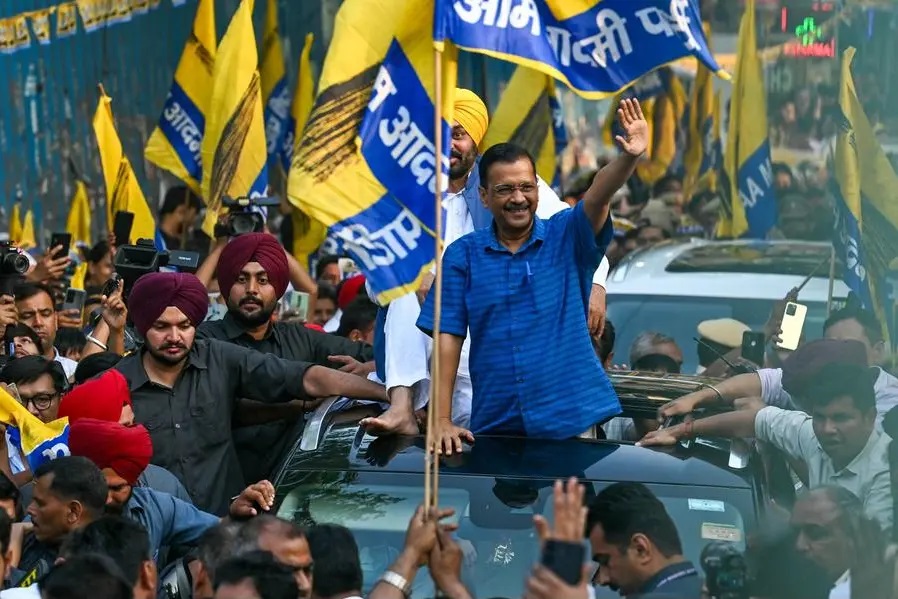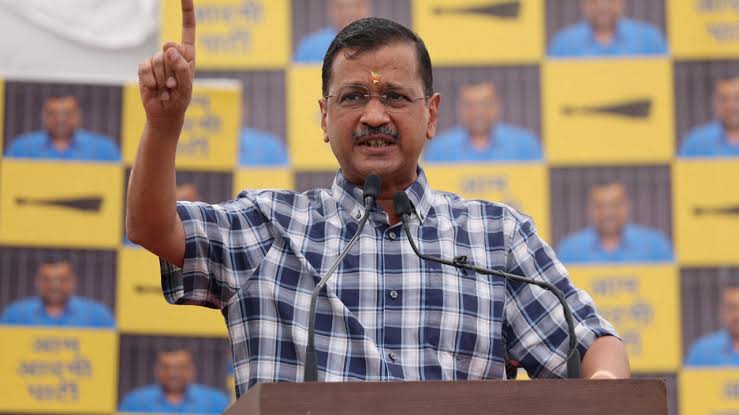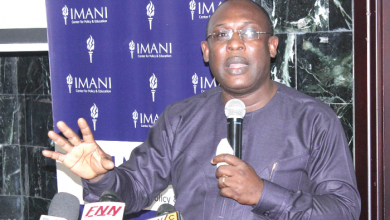India’s top court grants bail to prominent opposition leader after five months in jail

India’s Supreme Court has granted bail to opposition leader and Delhi Chief Minister Arvind Kejriwal, more than five months after his arrest in a corruption case.
Kejriwal, once an anti-corruption activist, had been jailed over his involvement in a now-revoked alcohol sales policy.
The Aam Aadmi Party (AAP), which Kejriwal leads, introduced the policy in November 2021, with claims that it would curb black market sales, increase revenues, and ensure fair distribution of liquor licenses.
However, it was withdrawn after Delhi’s Lieutenant-Governor, Vinai Kumar Saxena, accused AAP of bending rules to benefit private liquor companies.
Both Kejriwal and AAP deny these allegations, calling them “politically motivated.”
On Friday, a Supreme Court panel, led by Justice Surya Kant and Justice Ujjal Bhuyan, granted bail to Kejriwal and instructed him to avoid making public statements.
The court also ordered him to refrain from official duties, including attending his office or signing any documents.
According to legal site Live Law, the judges granted bail because the trial would likely not conclude soon.
Kejriwal had been briefly released on interim bail in May to campaign for parliamentary elections, under the condition that he abstain from his chief ministerial duties.
Kejriwal’s arrest followed the detention of two other senior AAP leaders. His former deputy, Manish Sisodia, was granted bail in August after spending 17 months in jail, and Sanjay Singh, another AAP figure, was released in April.
Critics accuse the ruling Bharatiya Janata Party (BJP) of using investigative agencies to target opposition leaders unfairly, a claim the BJP denies.

Kejriwal’s arrest, just weeks before significant parliamentary elections, sparked international attention, with the US and Germany weighing in.
US State Department spokesman Matthew Miller said Washington was monitoring Kejriwal’s detention and other actions against Indian opposition leaders, which drew a sharp response from Delhi.
Kejriwal, a former mechanical engineer, was awarded the Ramon Magsaysay Award in 2006 for his work in promoting the Right to Information law.
He rose to national prominence during anti-corruption protests in 2011 against the Congress party. These protests inspired him to create the AAP, which pledged to fight corruption and challenge the Congress and BJP.
Since its debut in the 2013 Delhi Assembly elections, AAP has governed Delhi, implementing welfare initiatives such as affordable electricity and water.
Though it has struggled in national elections, the party is also in power in Punjab and is part of the opposition bloc known as INDIA, led by Congress.
Source-BBC





